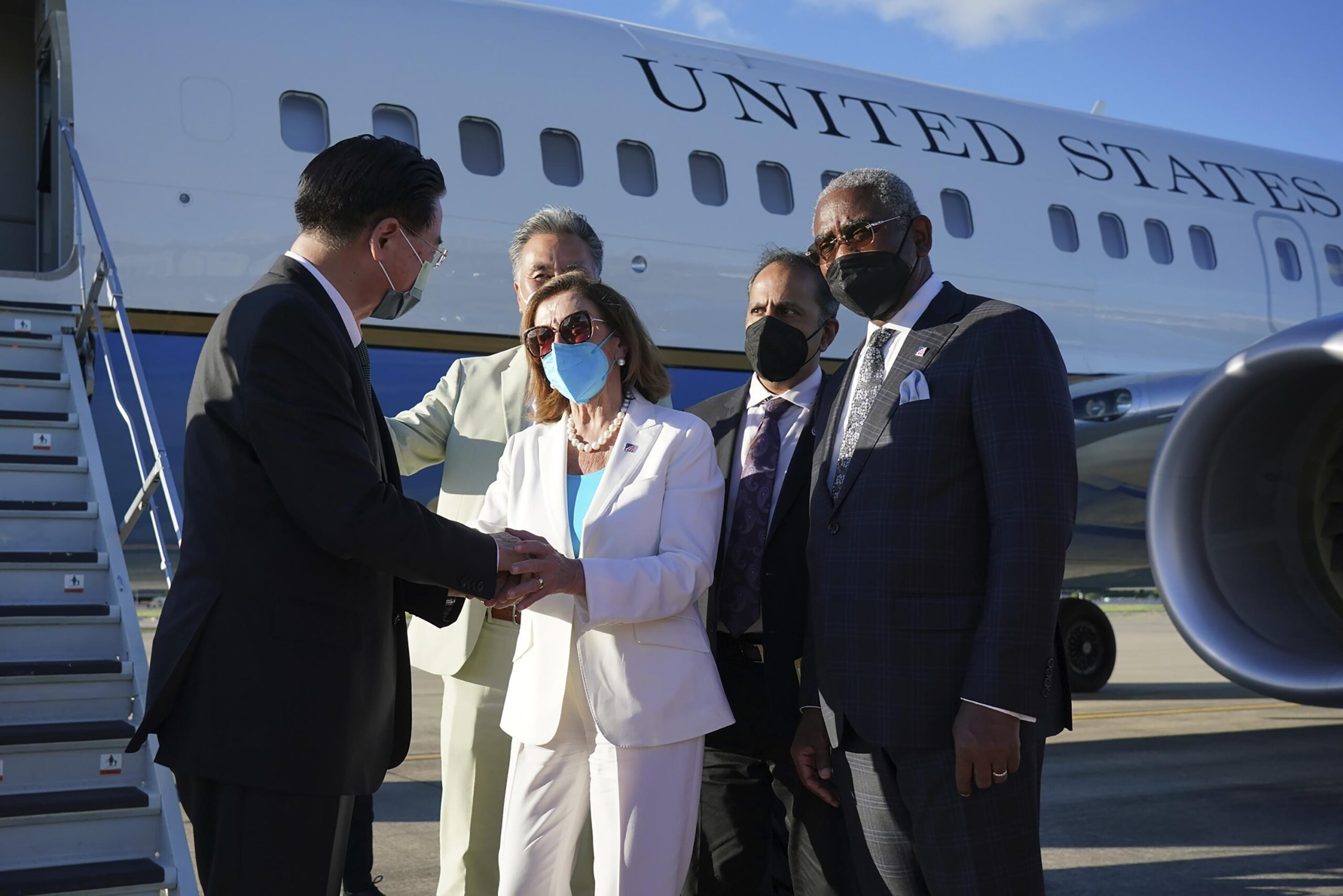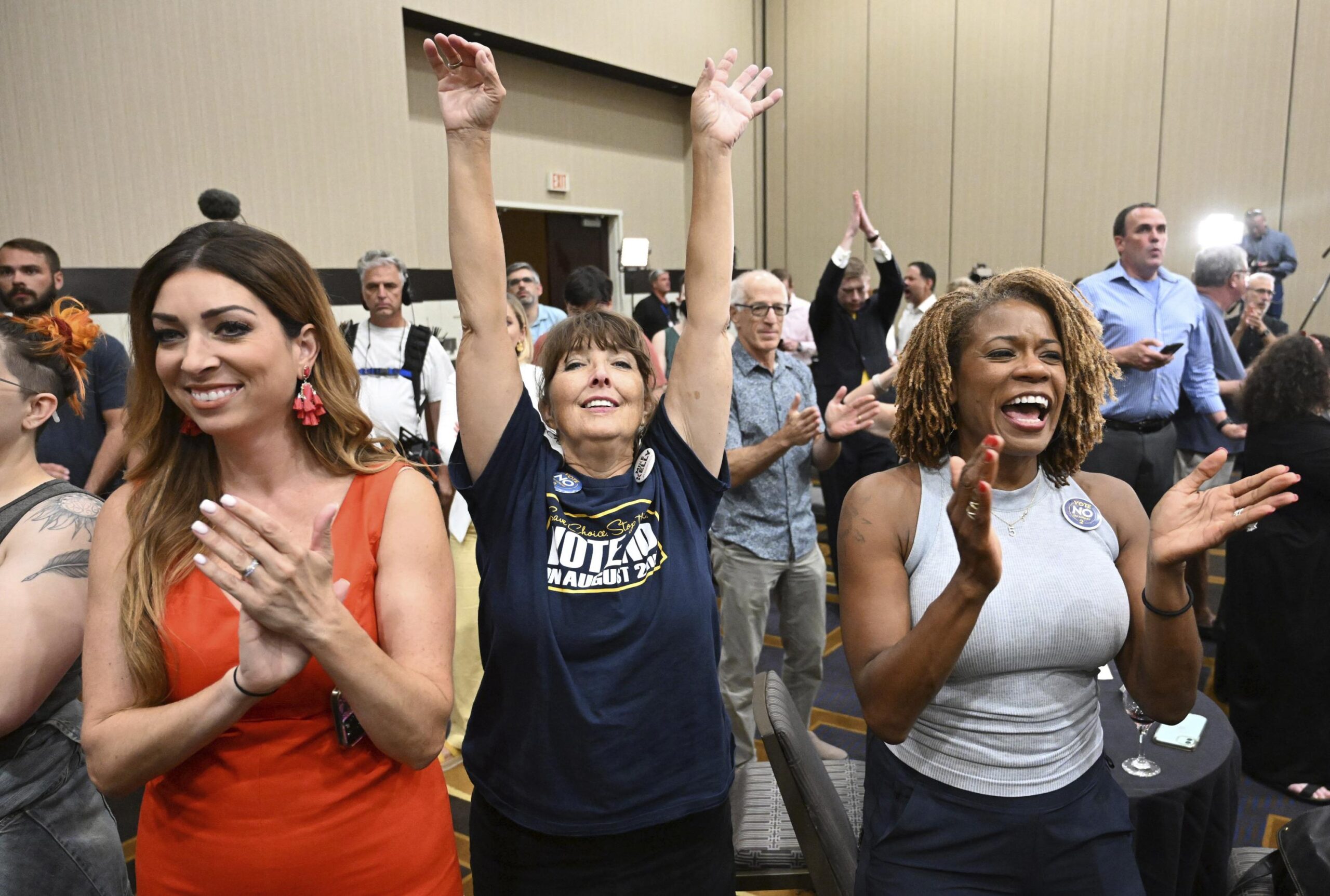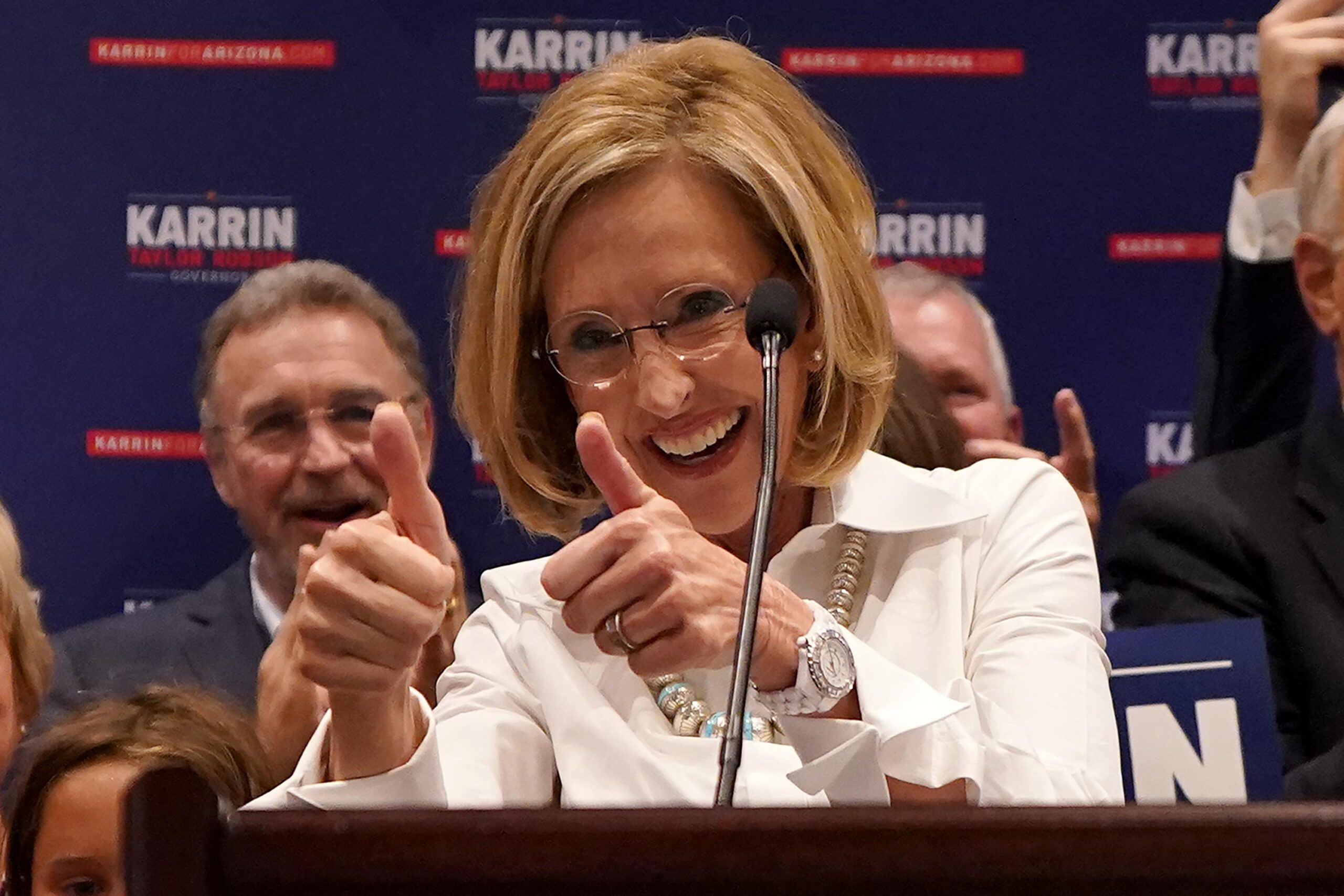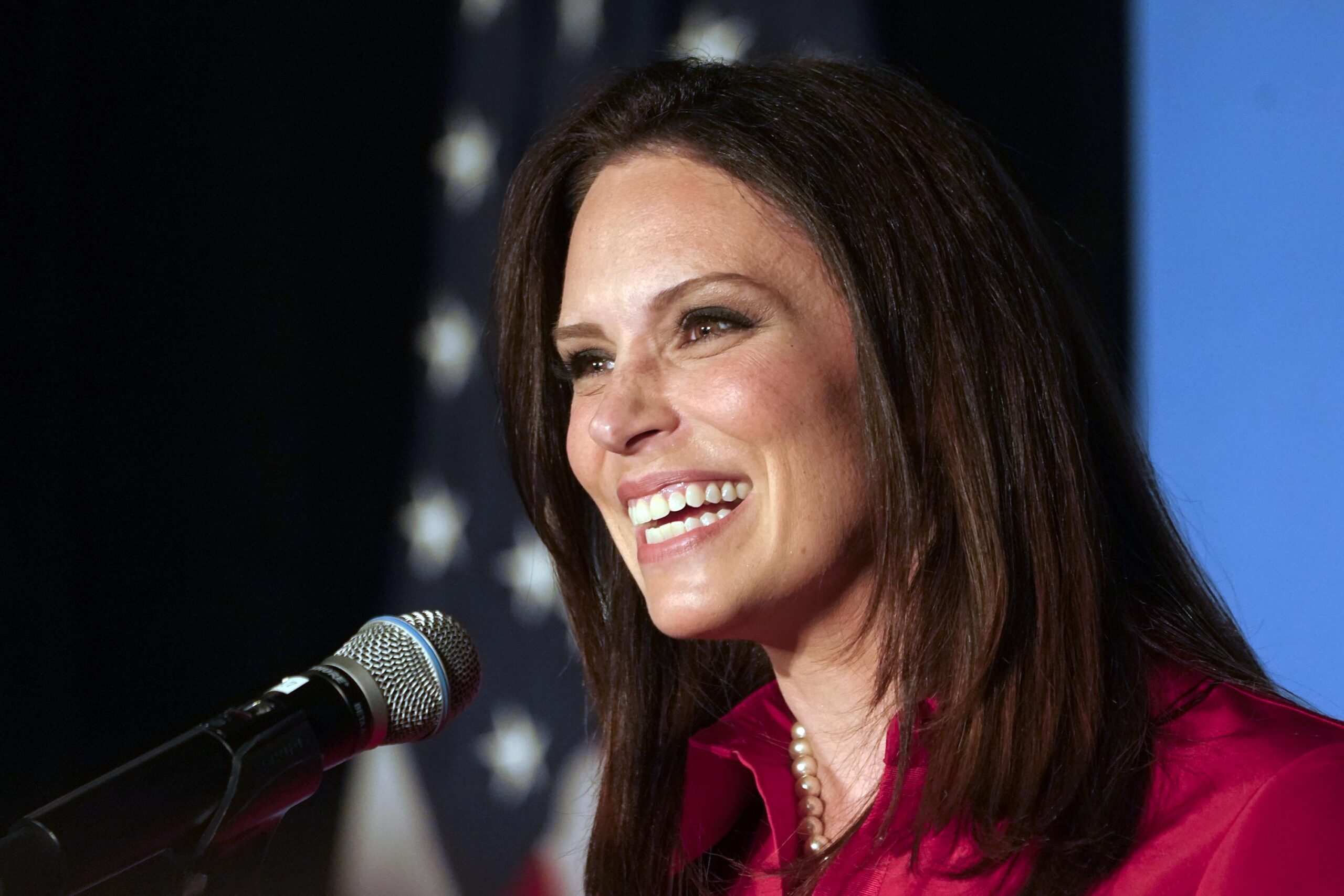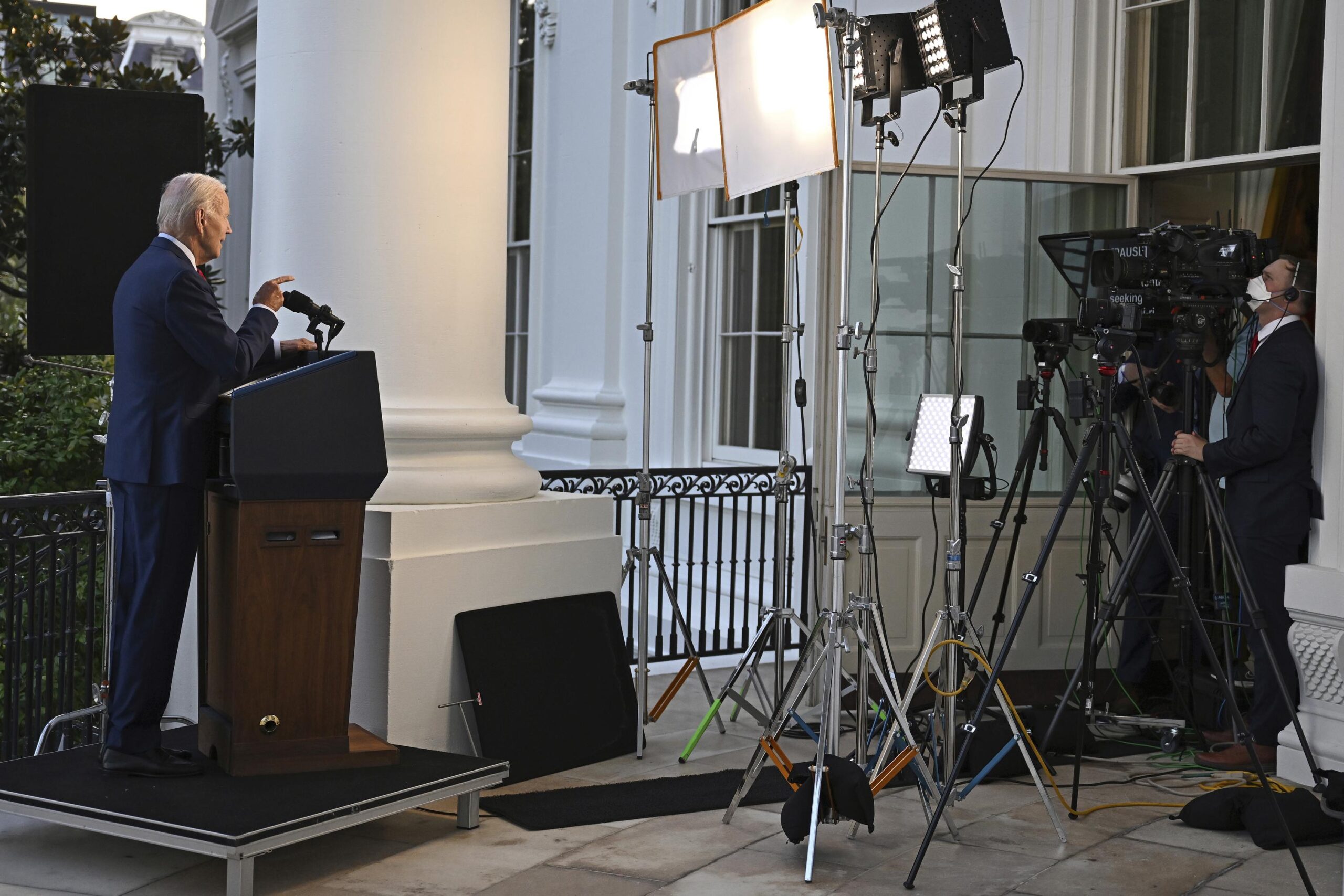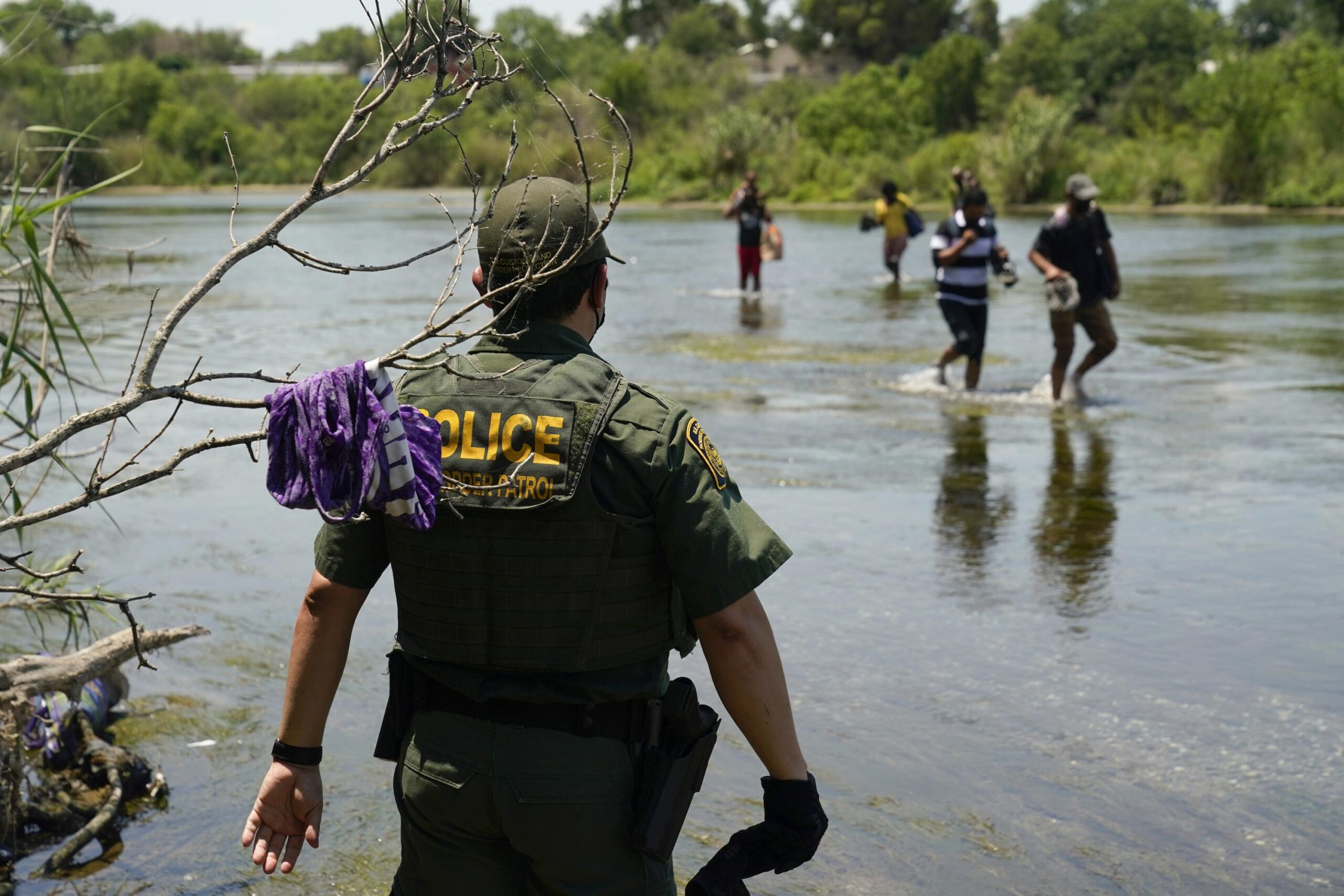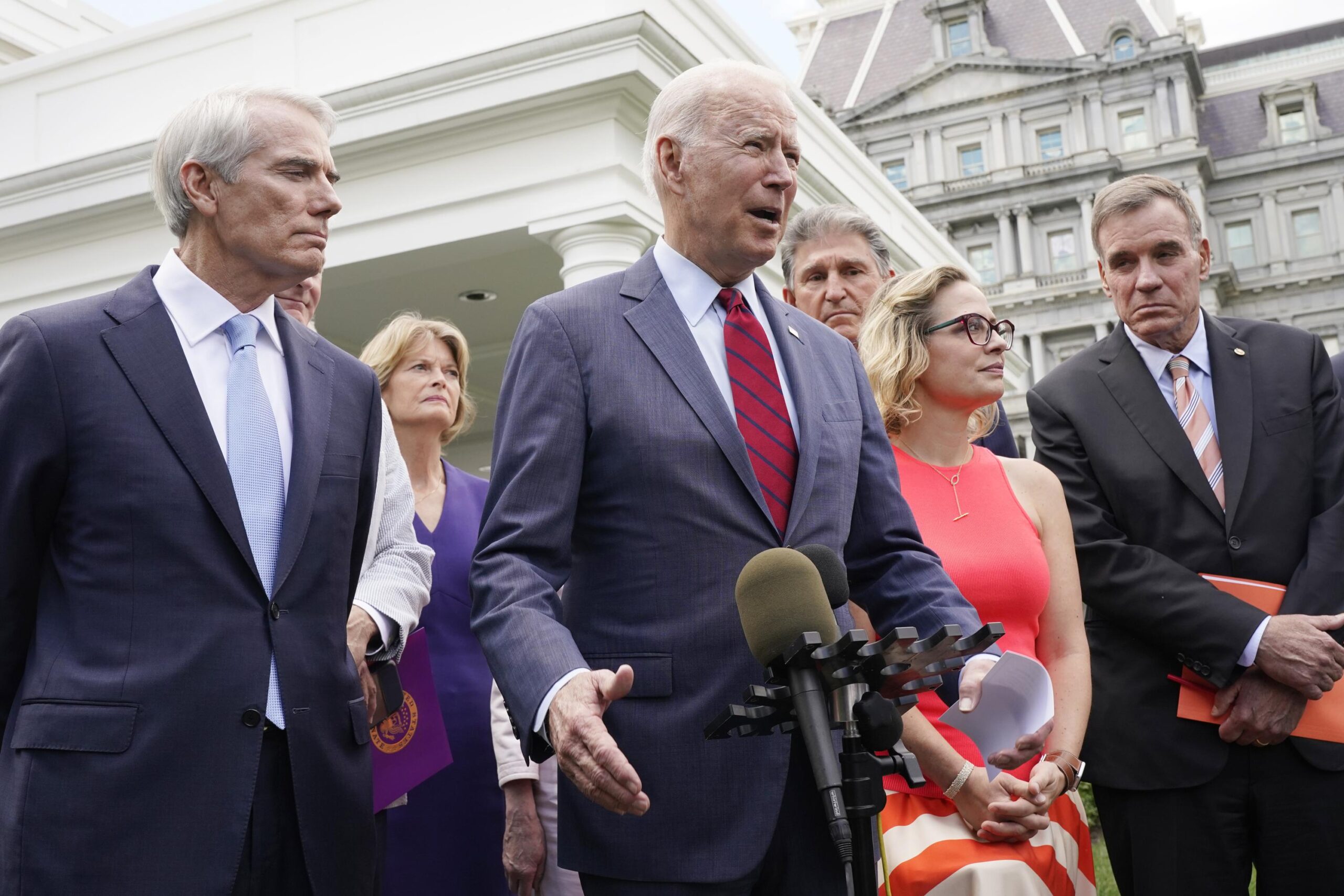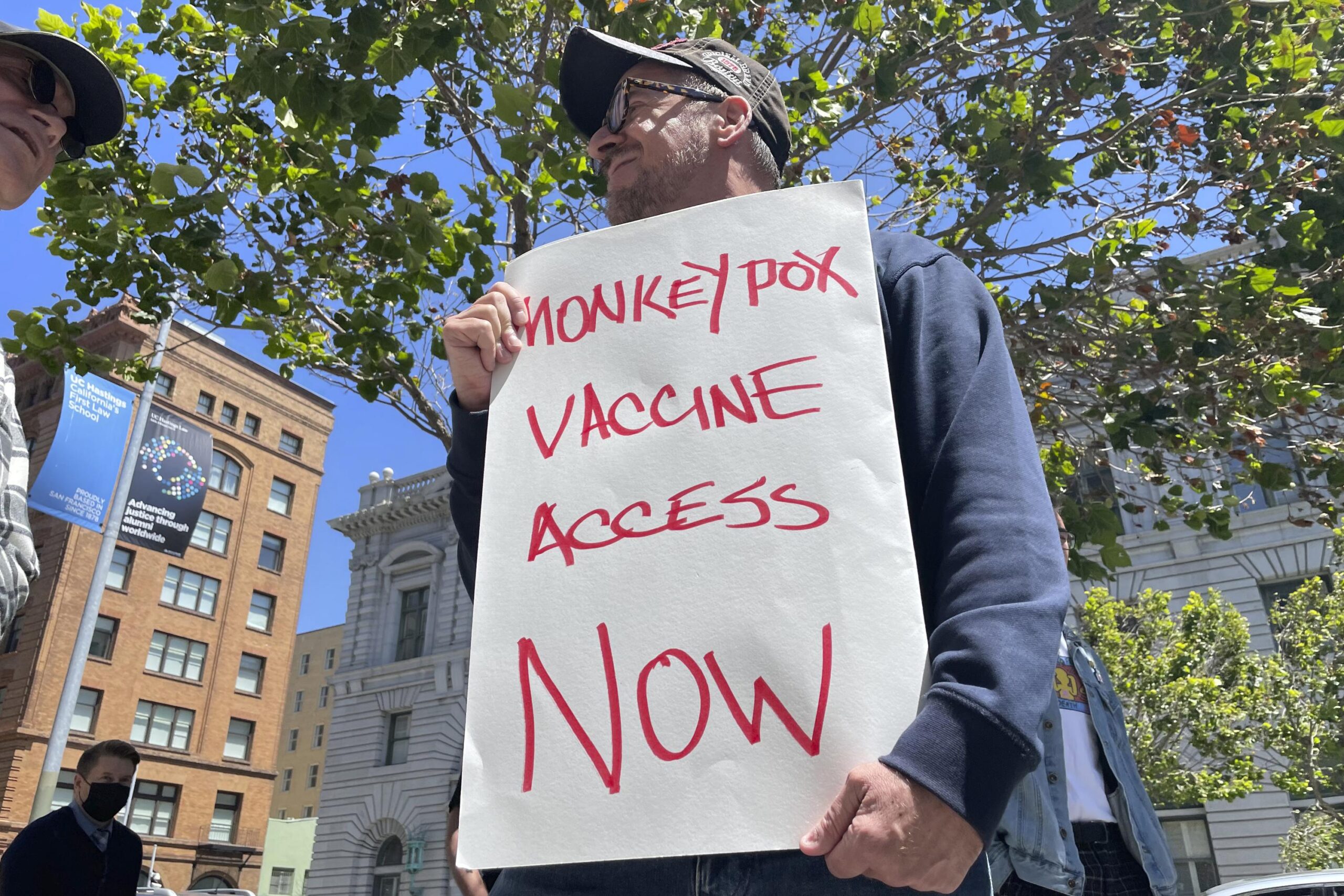TAIPEI, Taiwan (AP) — After a trip that drew China’s wrath, a defiant Nancy Pelosi concluded her visit to Taiwan on Wednesday with a pledge that the American commitment to democracy on the self-governing island and elsewhere “remains ironclad.”
Pelosi was the first US House speaker to visit the island in more than 25 years, and China swiftly responded by announcing multiple military exercises nearby.
The speaker’s departure for South Korea came just a day before China was scheduled to launch its largest maneuvers aimed at Taiwan in more than a quarter of a century.
Before leaving, a calm but resolute Pelosi repeated previous remarks about the world facing “a choice between democracy and autocracy.”
“America’s determination to preserve democracy, here in Taiwan and around the world, remains ironclad,” she said in a short speech during a meeting with Taiwanese President Tsai Ing-wen.
China claims Taiwan as its territory and opposes any engagement by Taiwanese officials with foreign governments.
The Biden administration, and Pelosi, have said that the United States remains committed to the so-called one-China policywhich recognizes Beijing but allows informal relations and defense ties with Taipei.
Nevertheless, China issued a series of harsh statements after the American delegation touched down late Tuesday in the Taiwanese capital, Taipei.
Taiwanese President Tsai pushed back firmly against Beijing’s military exercises, parts of which will enter Taiwanese waters.
“Facing deliberately heightened military threats, Taiwan will not back down,” Tsai said at her meeting with Pelosi. “We will firmly uphold our nation’s sovereignty and continue to hold the line of defense for democracy.”
The exercises, including those involving live fire, are to start Thursday and will be the biggest aimed at Taiwan since 1995, when China fired missiles in a large-scale exercise to show its displeasure over a visit by then-Taiwanese President Lee Teng-hui to the US
In other activities, Pelosi visited a human rights museum in Taipei that details the history of the island’s martial-law era. She also met with some of Taiwan’s most prominent rights activists, including an exiled former Hong Kong bookseller who was detained by Chinese authorities, Lam Wing-kee.
Thanking Pelosi for her decades of support for Taiwan, the president presented her with a civilian honor, the Order of the Propitious Clouds.
A day earlier, China’s official Xinhua News Agency announced the military operations and showed a map outlining six different areas around Taiwan.
Arthur Zhin-Sheng Wang, a defense studies expert at Taiwan’s Central Police University, said three of the areas infringe on Taiwanese waters, meaning they are within 12 nautical miles (22 kilometers) of shore.
Using live fire in a country’s territorial airspace or waters is risky, Wang said, because under international rules of engagement, it can be seen as an act of war.
In Washington, John Kirby, spokesperson for the National Security Council, sought to tamp down fears. He told ABC’s “Good Morning America” on Wednesday that US officials “don’t believe we’re at the brink now, and there’s certainly no reason for anybody to be talking about being at the brink going forward.”
Pelosi’s trip heightened US-China tensions more than visits by other members of Congress because of her high-level position as leader of the House of Representatives. The last House speaker to visit Taiwan was Newt Gingrich in 1997.
China’s response came on multiple fronts—military, diplomatic and economic.
Shortly after Pelosi landed Tuesday night, China announced live-fire drills that reportedly started that night, as well as the four-day exercises starting Thursday. The People’s Liberation Army Air Force also flew a contingent of 21 warplanes toward Taiwan.
Chinese Vice Foreign Minister Xie Feng summoned the US ambassador in Beijing to convey the country’s protests the same night.
On Wednesday, China banned some imports from Taiwan, including citrus fruit and fish. That night, China flew an additional 27 fighter jets toward Taiwan.
Chinese state broadcaster CCTV said a Taiwanese citizen was detained on suspicion of inciting separatism. Yang Chih-yuan, originally from the city of Taichung, was shown surrounded by police in a CCTV video. Yang had been a candidate for a legislative position in New Taipei City, according to local media.
Addressing Beijing’s threats, Pelosi said she hopes it’s clear that while China has prevented Taiwan from attending certain international meetings, “that they understand they will not stand in the way of people coming to Taiwan as a show of friendship and of support.”
Pelosi noted that congressional support for Taiwan is bipartisan, and she praised the island’s democracy. She stopped short of saying that the US would defend Taiwan militarily, emphasizing that Congress is “committed to the security of Taiwan, in order to have Taiwan be able to most effectively defend themselves.”
Her focus has always been the same, she said, going back to her 1991 visit to Beijing’s Tiananmen Square, when she and other lawmakers unfurled a small banner supporting democracy two years after a bloody military crackdown on protesters at the square. That visit was also about human rights and what she called dangerous technology transfers to “rogue countries.”
On this trip, Pelosi met with representatives from Taiwan’s legislature.
The speaker’s visit is “the strongest defense” of human rights, democratic values and freedom, Tsai Chi-chang, vice president of Taiwan’s legislature, said in welcome.
Pelosi’s five-member delegation included Rep. Gregory Meeks, chair of the House Foreign Affairs Committee, and Rep. Raja Krishnamoorthi from the House Intelligence Committee. Rep. Andy Kim and Mark Takano also traveled with the speaker.
She also mentioned Rep. Suzan DelBene, whom Pelosi said was instrumental in the passage of a $280 billion bill aimed at boosting American manufacturing and research in semiconductor chips — an industry that Taiwan dominates and is vital for modern electronics.
Pelosi arrived Wednesday evening at a South Korea military base ahead of meetings with political leaders in Seoul, after which she will visit Japan.
Both countries are US alliance partners, together hosting about 80,000 American personnel as a bulwark against North Korea’s nuclear ambitions and China’s increased assertiveness in the South China and East China seas.
.
